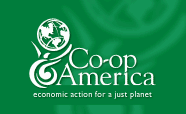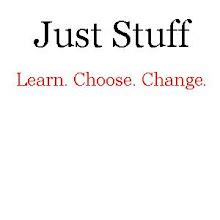
The National Retail Federation released its preliminary numbers today for sales this 2009 "Black Friday" weekend. At an average of $343 a piece, weekend shoppers forked out $41.2 billion. Holiday cheer has officially begun now that the first round of festive feeding that is Thanksgiving dinner has concluded, and the biggest shopping days of the year are upon us.
But amid the shopping there is always a chance for some perspective by those of us concerned about equity and justice in the textile and garment world. Clothing was the big seller of the weekend, with 90% of shoppers surveyed reporting buying clothes, making it the largest category of bought goods. The locations of the surveyed were predominantly malls or other large strip centers with big box anchors. While any of you who might read this are probably inclined to the same opinion as us, an extrapolation of the facts is worth the effort for reminding us why we seek change.
If those bargain hunters who reported buying clothes in their frenzied shopping spent just 10% of their $343 on clothing, that's $5.4 billion in two and half days! Given the locations of the respondents at the time polled, the clothing purchased was most likely not of the fair trade, ethical variety. So in one weekend Americans have unwittingly added tremendous weight and increased traction to the sustained marginalization and impoverishment of some of the planet's most vulnerable people.
"Those people" are some of the ones who in the last several months have been working 20 hour shifts for weeks on end to keep up with the volume of goods Western consumers will demand in bringing cheer to their family and friends. Those are the people who have seen their wages cut, overtime lost and working conditions deteriorate as Western consumers demand lower prices, and in turn manufacturers and retailers start passing the cost down the supply chain to those people who have no choice but to absorb it. Those people are the ones who will be laid off right about now, because the demand is over until next year when we'll do it all again. How many of those people will starve, or seek employment in some other degrading, devaluing, dangerous or evil scenario as they enter the "hardest part of the year" while we prepare for our "happiest time of year" and our second round of holiday feasting in a month's time?
Pursuing truly Happy Holidays must be a communal and corporate effort with a vision that sees the exploited poor and destitute behind our products. We can't rest until there is truly Peace on Earth and Good Will is extended to and practiced by All, but we can truly enjoy our families and friends with integrity and compassion. God Bless you all that are seeking change and justice.



















